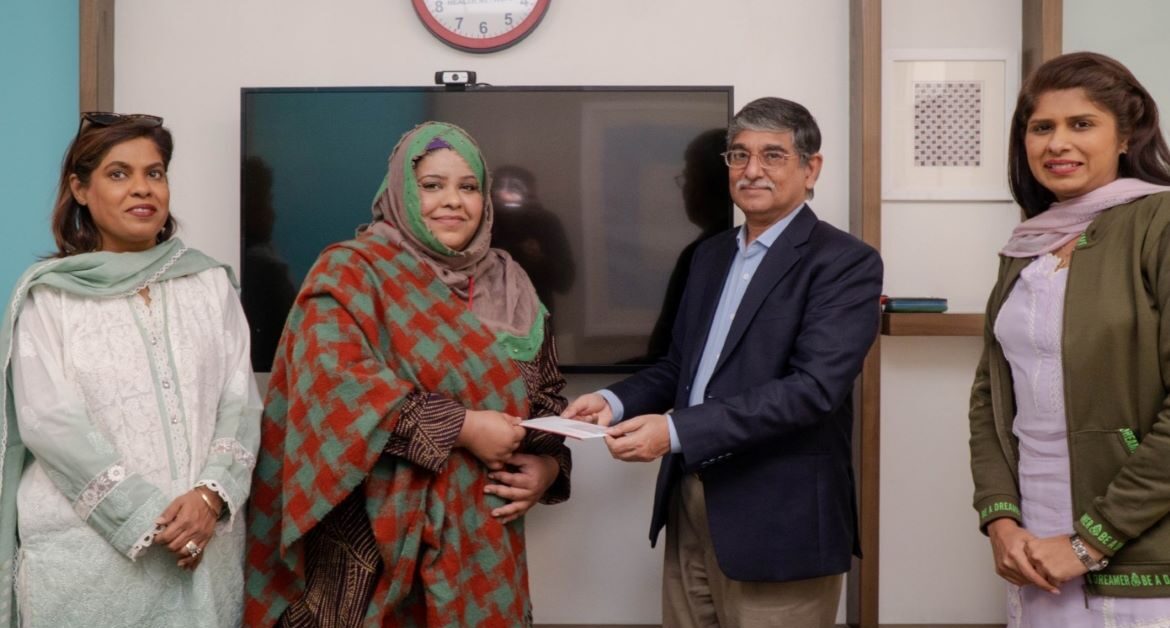IHHN Signs MoU with SINA Health, Education and Welfare Trust
A Memorandum of Understanding (MOU) was signed between Indus University of Health Sciences (IUHS)’s Indus College of Family Medicine and Public Health and SINA Health, Education and Welfare Trust for capacity building in Primary Care on February 2, 2023.
Established in 1998, SINA is a privately funded not-for-profit organization that serves affordable, accessible, and quality primary healthcare to underprivileged communities in urban slums. Through a network of 30 clinics, SINA provides various primary healthcare services, including consultations, diagnostic tests, treatment, referrals, and family healthcare counselling.
Indus Hospital & Health Network and SINA share the same intention: to uplift the poor and needy and serve them free-of-cost quality care. IHHN’s vision is to promote family medicine and primary care throughout Pakistan with a focus on prevention.
By building an effective primary healthcare system, many health issues can be caught and treated early on, reducing the risk of developing future complications which require advanced care that is often costly. IHHN is committed to building a robust primary care system that will improve the nation’s health and reduce the burden on tertiary care systems.
“SINA sees 1.5 million patients per annum. Indus plays the role of a big brother. Our doctors are able to send referrals of patients to Indus, confident in the knowledge that they will be looked after. Rotational training is essential because until doctors receive hands-on training experience, they will not be able to diagnose patients effectively.
When our patients come back to us, the doctors from Indus make sure to provide us with the full history of whatever treatment has been given, and then we are able to then continue the care of the patients.”
– Ambareen Kazim Thompson, CEO of SINA Health, Education and Welfare Trust
The recent MOU between IHHN and SINA Health, Education and Welfare Trust, represents a strengthening of the relationship between the two organizations. Under this partnership, the doctors at SINA will be able to undergo training at IUHS’s Family Medicine Training Program, which will help upgrade the doctors’ skill set and boost capacity and capability building across SINA’s network.
Referencing IHHN’s long-standing relationship with SINA, Dr. Zafar Zaidi, CEO of IHHN, said, “SINA is a leader in primary care with so many centers available throughout the city; they are especially present in those areas where there are no doctors and where patients have a huge problem of where to go for treatment. They are providing excellent work and services to the people over there.
We hope that Indus and SINA continue to work together to deliver excellence in healthcare and serve patients across Pakistan. We should be able to achieve good results, and I am sure that our partnership will continue to grow and prosper.”




